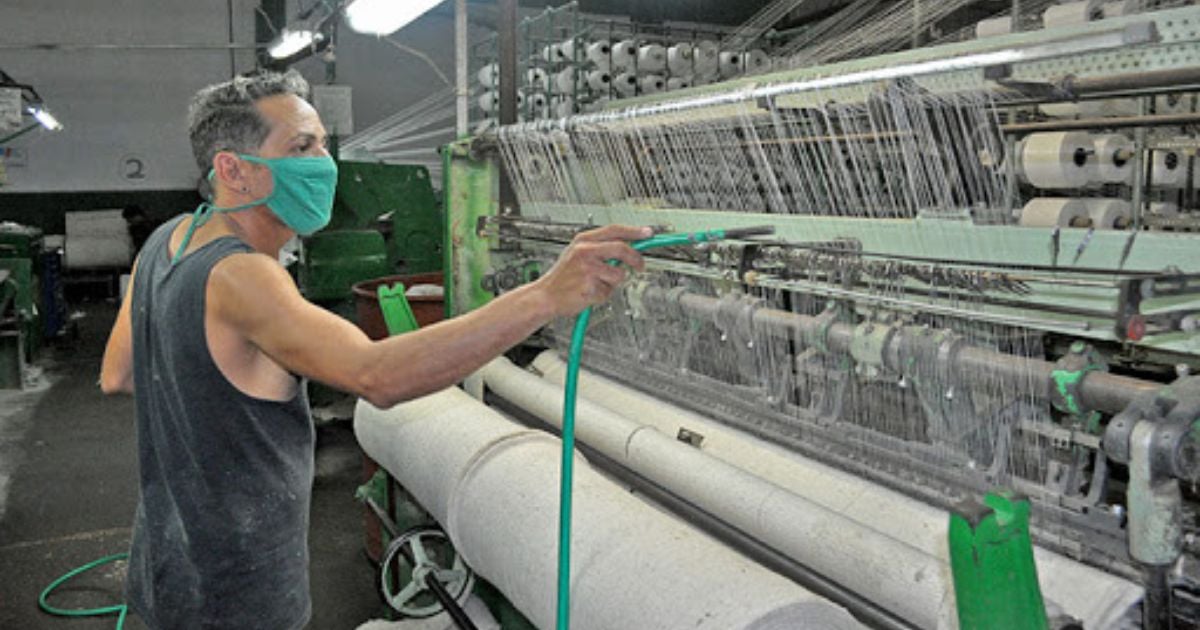The Cuban government unveiled new regulations on Thursday, significantly reducing the purchasing power of state-owned companies from private suppliers. This move introduces yet another obstacle to the development of the private sector.
According to Resolution 209/2024, published in La Gaceta de Cuba, state enterprises are allowed to set prices and tariffs with private providers. However, it caps the profits of these suppliers, stipulating that they cannot exceed 30% of the total cost, including expenses and taxes on sales and services. This measure aims to curb the rampant inflation plaguing the Cuban economy, further restricting the private sector.
Nonetheless, the regulation once again overlooks the informal market for currency exchange, which often dictates the final prices of products in the private sector. The text of the resolution clarifies that the objective is to contain the expenses of state entities in their economic relations with non-state management forms, promoting "more efficient and controlled economic management."
In essence, limiting the state sector's interaction with non-state forms is akin to directly stifling the growth of private enterprises. Furthermore, the resolution grants authority to provincial and municipal councils, empowering them to set maximum prices and tariffs for selected goods and services, taking into account the specific circumstances of each territory.
This reduction in the purchasing power of state companies from private suppliers is part of a series of resolutions approved by the Cuban government on Thursday. Among them is the extension of the tariff exemption for food, hygiene products, and medicines for travelers arriving from abroad, as announced in the Official Gazette of the Republic of Cuba No. 57, Ordinary Edition.
The regulation "authorizes, exceptionally and temporarily until September 30, 2024, the non-commercial importation, without value limits and exempt from customs duties, of food, hygiene products, medicines, and medical supplies, carried as accompanied baggage by passengers."
The government insists that this measure is "exceptional" and acknowledges that it is due to the ongoing scarcity and limited supply of essential food and other products in the country.
Additionally, the Cuban regime approved Resolution 212/2024, extending until September 30, 2024, the authorization for the non-commercial importation of power plants over 900 watts amidst a prolonged energy crisis that has been affecting the nation for several years.
Understanding Cuba's New Economic Regulations
Here are some frequently asked questions to help understand the implications of the new economic regulations introduced by the Cuban government.
What is the main goal of Resolution 209/2024?
The primary goal of Resolution 209/2024 is to contain the expenses of state-owned companies in their economic relations with private suppliers, promoting more efficient and controlled economic management.
How does Resolution 209/2024 affect private suppliers?
The resolution limits the profits of private suppliers by capping them at 30% of the total cost, including expenses and taxes on sales and services.
What other measures were introduced alongside Resolution 209/2024?
Other measures include the extension of the tariff exemption for food, hygiene products, and medicines for travelers, as well as the non-commercial importation of power plants over 900 watts until September 30, 2024.
